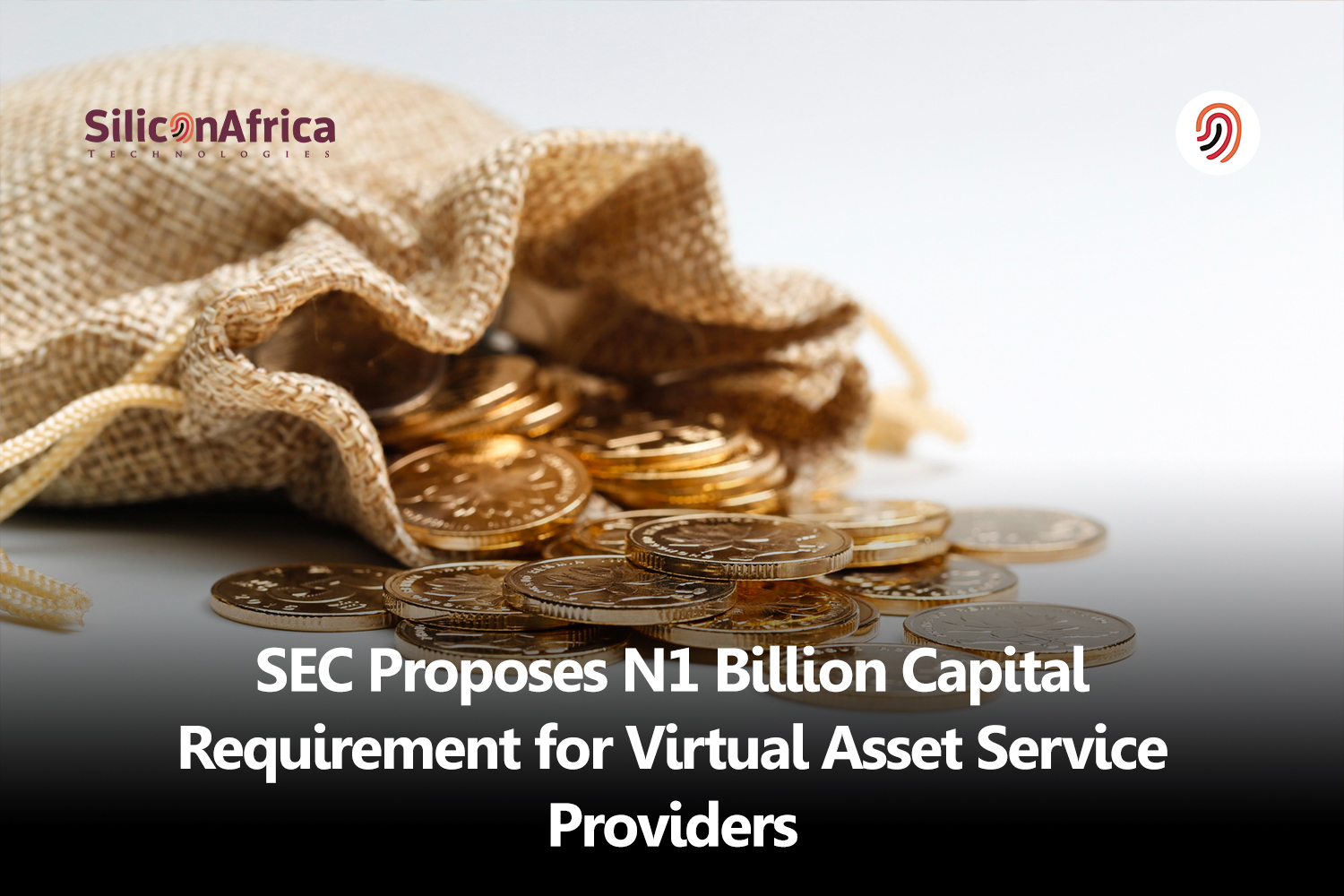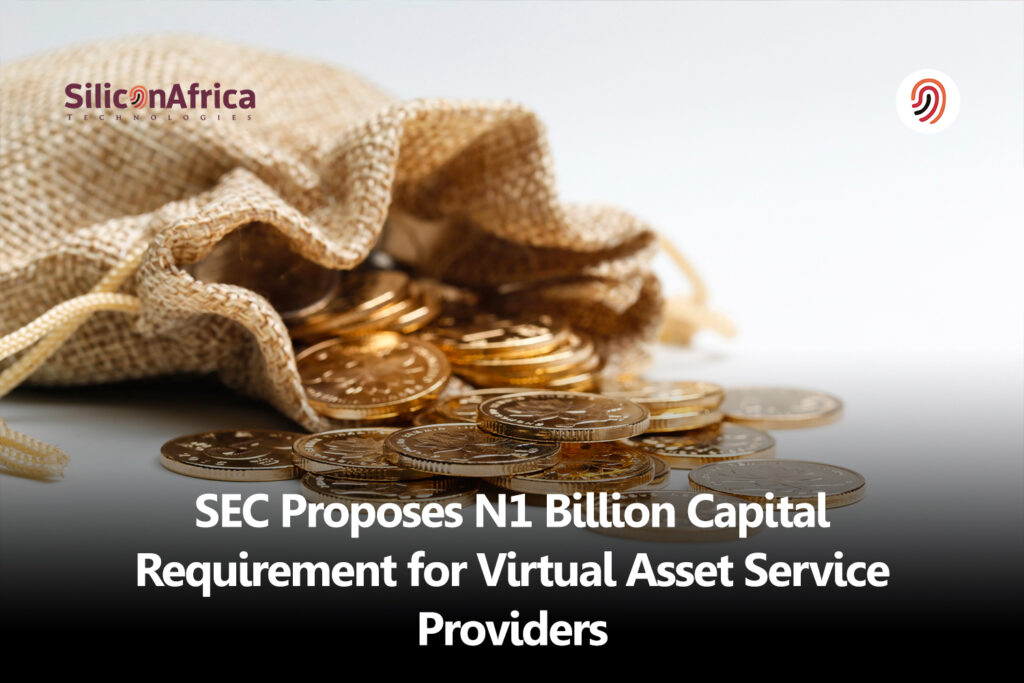Physical Address
60 Ekwema Cres, Layout 460281, Imo
Physical Address
60 Ekwema Cres, Layout 460281, Imo

The SEC (Securities and Exchange Commission) of Nigeria has taken steps to reduce risk and close all loopholes for cryptocurrency exchanges. They have done this by increasing the capital requirement for virtual asset service providers: they increased the paid-up capital requirement from ₦500 million to a whopping ₦1 billion.

This adjustment is to raise the standards for cryptocurrency exchange registration and mitigate the risks involved. While the SEC claims that the new initiatives were proposed to cover cryptocurrency service loopholes and incorporate suggestions from industry investors, some crypto users and experts have already criticized the ₦500 million paid-up capital requirement.
They argue that the exorbitant fee would only benefit foreign companies and disadvantage local players. Most of these crypto users and experts were shocked by the news and made their grievances known.
Some of the crypto experts and users made their opinions known to the Techcabal agency :
“This proposal locks out a lot of local players. I suspect at the end of the day that the foreign-owned companies will dominate the crypto space in Nigeria,” said Tim Akimbo, an Bitcoin expert.
Another expert, Rume Ophi said, “Our SEC has indirectly told the community that this game is for the big boys,”
Apart from the increase in the paid-up capital, the present fidelity bonds are needed to cover at least 25% of the paid-up capital, as noted in the Commission’s rules and regulations.
In addition, the SEC continues to have the authority to impose more financial requirements on Digital Asset Offering Platforms (DAOPs), taking into account the specific nature, operations, and risks inherent in their operation.
The new regulatory adjustments to the increment reveal the SEC’s dedication to hastening the crypto crackdown in Nigeria. The Nigerian SEC recently put forth a proposal to check the regulations governing crypto platforms offering services in Nigeria, suggesting a whopping increment in the registration fee for crypto exchanges: which is from the sum of ₦30 million ($18,620) to ₦150 million ($93,000).
The SEC announced that these initiated changes were to increase understanding and integrate positive responses from industry investors, this follows the interaction they had with the Central Bank of Nigeria (CBN).
In May 2022, the Nigerian SEC previously issued rules and regulations for all crypto and digital asset service providers. However, on Friday, March 15, 2024, it recommended an amendment to these rules.
According to the updated regulations, digital asset exchanges, digital asset offering platforms, and digital asset wardens will now be mandated to pay an application fee of ₦300,000 ($186), a huge increment from the previous sum of ₦100,000 ($62). Also, the processing fee has seen an increase from ₦300,000 ($186) to 1 million ($620).
As these new initiatives await final approval, the feedback from various investors will shape the path Nigeria’s digital asset regulation takes, and this will reflect the country’s dedication to becoming an important participant in the world fintech field while safeguarding investor interests.